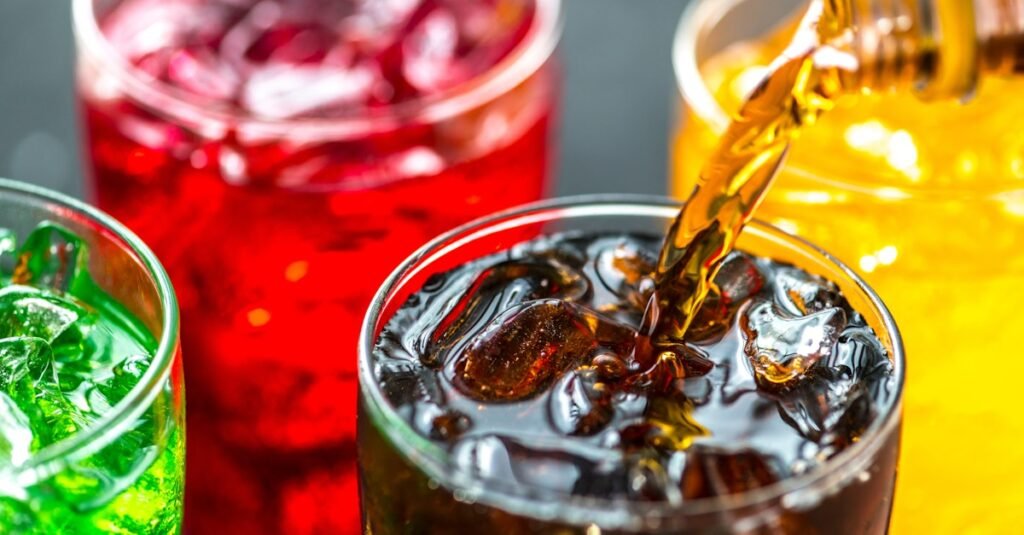Diet soda has long been marketed as a healthier alternative to regular soda due to its lack of added sugar. However, just because it contains no calories doesn’t necessarily mean it’s good for you. In fact, there are several potential health effects of drinking too much diet soda that you should be aware of.
One of the main concerns with diet soda is its impact on gut health. Some research suggests that artificial sweeteners used in diet soda may affect gut bacteria, which could have implications for overall health. While studies in humans have yielded mixed results, it’s clear that more research is needed to fully understand the effects of these additives on the gut microbiome.
Additionally, there is evidence to suggest that drinking diet soda may lead to weight gain rather than weight loss. Some studies have found a link between regular diet soda consumption and increased fat around the abdomen, which could contribute to metabolic issues over time. It’s important to consider all factors when trying to maintain a healthy weight, including the potential impact of diet soda on your metabolism.
Speaking of metabolic health, some experts believe that consuming artificial sweeteners in diet soda may negatively affect blood sugar levels and increase the risk of developing metabolic syndrome, heart disease, and type 2 diabetes. More research is needed to fully understand these connections and how they may impact overall health.
In terms of symptoms, drinking excessive amounts of diet soda can lead to gastrointestinal issues such as bloating and diarrhea, especially for those with sensitive stomachs. The caffeine content in some diet sodas can also disrupt sleep patterns and potentially cause headaches in individuals who are prone to them. Furthermore, artificial sweeteners in diet soda may trigger food cravings and alter brain activity related to appetite regulation.
While having diet soda occasionally is unlikely to harm your health, it’s important to remember that there are healthier alternatives available. Infusing water with fresh fruit, trying fermented drinks like kombucha, or opting for herbal teas are all great options to consider. Ultimately, moderation is key when it comes to consuming diet soda and being mindful of how it may impact your overall well-being.
In conclusion, while diet soda may seem like a guilt-free option, it’s important to be aware of the potential health effects associated with its consumption. By understanding the risks and exploring alternative beverage choices, you can make informed decisions about what you put into your body.


